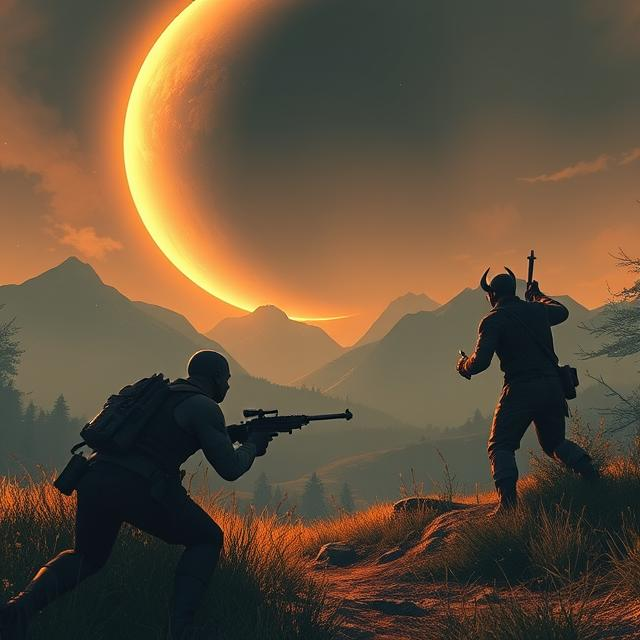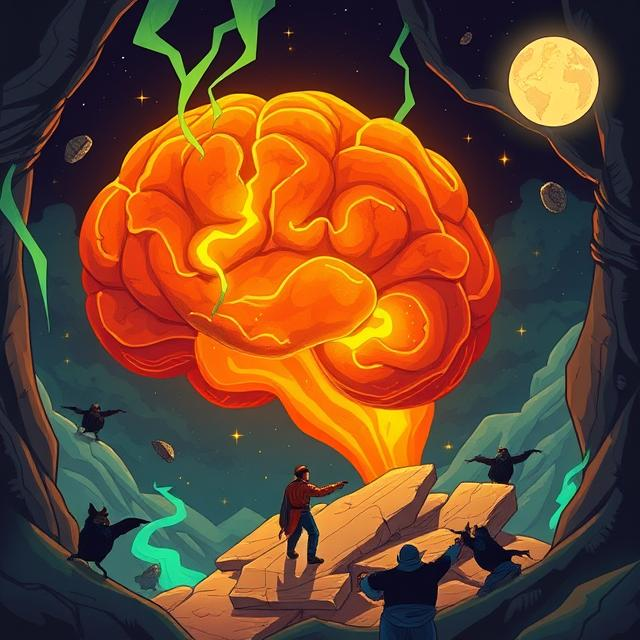Downloadable Content (DLC) has changed how games are sold, expanded, and monetized. At its best, DLC adds meaningful value—new stories, modes, or mechanics. At its worst, it’s viewed as content withheld intentionally, or a tool for squeezing more money out of players.
Good DLC respects the player. Expansions like The Witcher 3: Blood and Wine or Elden Ring’s upcoming DLC provide full regions, new quests, and hours of gameplay—often priced fairly for the content. These feel like true additions, not missing pieces.
On the other hand, players are quick to call out exploitative practices:
- Day-one DLC that feels like it should’ve been part of the base game
- “Cosmetic-only” purchases priced disproportionately high
- Multiple season passes before content is even revealed
- DLC that gates story endings or core systems
Live service models have further blurred the line. Destiny 2 and Call of Duty frequently rotate content in and out of availability, making it difficult for players to feel ownership over what they’ve purchased.
There’s also a growing trend toward “F2P monetization in full-priced games”—with cosmetic shops, battle passes, and upgrade packs raising ethical concerns about paywalls and content segmentation.
Where’s the line?
- If DLC adds, it’s expansion.
- If DLC replaces, it’s fragmentation.
- If DLC pressures, it risks exploitation.
The core issue isn’t price—it’s perceived intent. When players feel respected, they invest. When they feel manipulated, they walk.



Leave a Reply